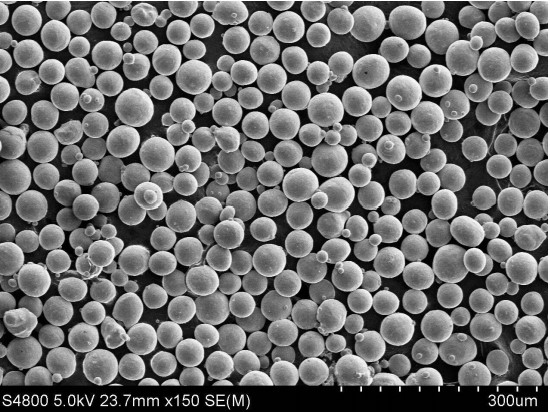
In January, Titania was awarded the PROMETIA project. This project aims to reduce the environmental impact of the industry as a whole by researching additive manufacturing combined with the use of reused and recycled materials; exploring the application of protective treatments to achieve a lower use of raw materials and energy; and by increasing the durability of the manufactured parts, reducing the cost of their manufacture and use, and extending their service life.
The main objective of the project is to use additive manufacturing with recycled material and artificial intelligence to optimise the value chain in the manufacture of aluminium, titanium and steel parts, and reduce the environmental impact of the industry and sectors such as transport, security, energy and health, among others. In this way, PROMETIA seeks to boost Spanish industry by focusing on two technologies: new materials and artificial intelligence.
The value of the solutions proposed in the PROMETIA project is summarised in the following points:
Leveraging raw materials through reuse and new recycled materials: this solution will reduce the environmental impact, expand the range of printable materials and ultimately provide a more sustainable approach to AM (additive manufacturing) by reducing the environmental impact of manufacturing by more than 90% for some materials.
Implementation of artificial intelligence tools in the additive manufacturing value chain: this solution will cut production times, reduce the learning curve of the personnel hired, maximise energy efficiency, boost recycling and reuse of raw materials, simplify inspection processes and predict mechanical performance and corrosion resistance.
To meet this challenge, a multidisciplinary consortium has been formed, made up of five entities with the necessary skills and knowledge to cover the entire value chain of the project. The consortium is made up of: Aubert & Duval SA, Design Business & Verification Services SL, Madit Metal SL, Soluciones Sicnova SL, Tecnitest Ingenieros SL and Titania.
Several technology centres will collaborate with the consortium, specifically: CIDAUT, the Universidad Rey Juan Carlos, Madrid’s Universidad Carlos III and the University of Cadiz.
Titania’s contribution to this project focuses on:
Evaluating the mechanical and corrosion resistance properties of the reference material and the recyclate to allow estimation of the impact of the recycling process.
Developing electrolytic and chemical conversion surface treatment processes on the reference and recycled materials.
PROMETIA will have a duration of 3 years and is subsidised by the Centre for Technological Development and Innovation (CDTI), and co-funded by the State Research Agency (AEI).

